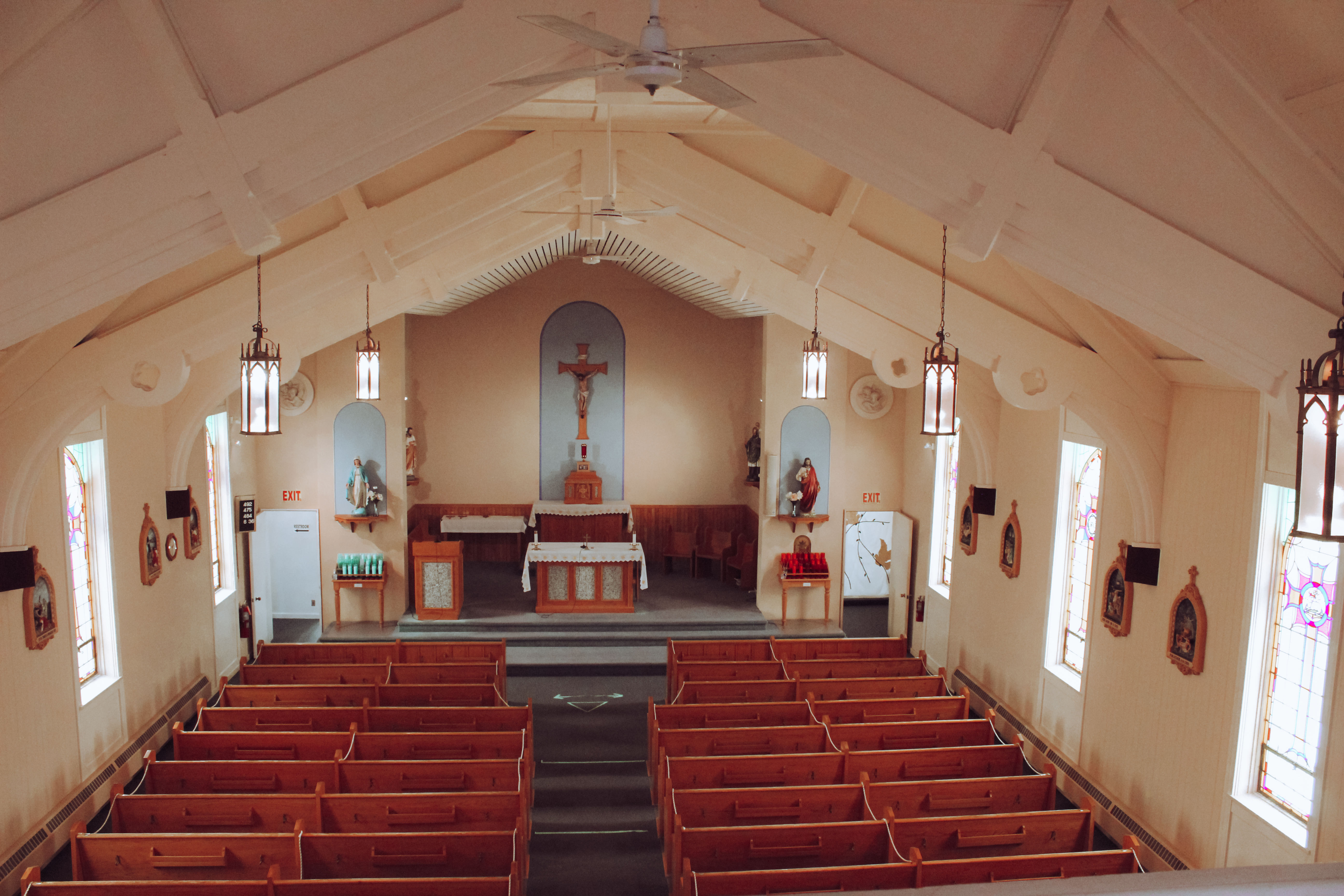
The 'Pointlessness' of Discipleship
Fr. Matt McCarthy is the Vocation Director at the Archdiocese of Toronto. The Office of Vocations produces daily video reflections, which you can view here. They feature many archdiocesan priests and are sure to provide daily inspiration to all the faithful.
There’s a scene in The Fellowship of the Ring where Frodo and his company are mourning the loss of Gandalf, whose untimely death seemed needless. Attempting to comfort them, the elf-queen, Galadriel says, “Needless were none of the deeds of Gandalf in life; we do not yet know his whole purpose."
During the second part of the trilogy, The Two Towers, the troop finally sees the bigger picture and the once-hidden reasons for Gandalf’s death. But in the interim, the troop and the audience are left trying to figure out how Gandalf’s death could have been anything but a needless tragedy.
I imagine some of Christ’s disciples had similar feelings in the time between His death and His resurrection. Although Christ warned His disciples numerous times beforehand about His crucifixion and death, the Scriptures make it clear that they were not expecting something as needlessly tragic as the cross.
Many of us might have experienced this too. And unlike the disciples, some of us may have waited a lot longer than three short days to see the whole picture! I remember hearing an older lady complain about a seemingly pointless injury and the accompanying pain. She said, “Jesus was on the cross for three hours, but I’ve been dealing with this pain for over 30 years!”
The reality is that the life of a disciple will likely include stretches of time, short or long, where we are unable to “see the point” of life’s difficulties.
But this seems to be pattern of Christ’s entire life, not just in the twelve hours before His death and the three spent on the cross. Why, for example, did He allow Himself to be born in a stable surrounded by livestock? A nativity creche is undoubtedly one of the most loved images of the Christmas season, but it is certainly not the place to give birth (for obvious reasons). What was the point of that?
Or think of the majority of Christ’s life, which was lived in complete obscurity. Tradition refers to the time from when Jesus was 12 years old to the time He was 30 as the hidden years. We’re not sure what was going on during that time, but it wouldn’t be unreasonable to believe that Jesus spent those years simply embracing a normal, day-to-day, 9-to-5 carpenter job. But why not get started earlier on all the miracles and dead-raising and demon-casting? It certainly would have helped His cause. From a purely worldly perspective, the hidden years might seem like a waste of time.
And then there’s the death of Christ – the death of God. Was that necessary? Sure, there needed to be a recompense for our sins, but wasn’t there a much more efficient (and painless) way of going about it? What was the point of dying on the cross? And not just the cross, but all those seemingly unnecessary extras: the scourging, the spitting, the belittling, the sarcasm by the soldiers, the betrayal by a close friend. At first glance, all that seems rather unnecessary and pointless.
If there’s one lesson that we can learn from Christ and from following Him, it’s that the life of a disciple contains its fair share of “pointlessness” – or at least the appearance of it. Jesus may have well said, “Those who wish to be my disciples must be willing to pick up their crosses – and fail to see the point of it!”
However, Christ’s resurrection and promise of future glory indicate that all apparent tragedies and difficulties will one day come to an end and all will be made clear. But, the road to such clarity can seem like an eternity and paved with doubts. What’s the secret to enduring it?"
What was the secret of Christ, His mother and the saints when they faced pointlessness and frustration? For each of these individuals, the answer involves having an ongoing relationship with the Father. The Scriptures repeatedly describe Jesus getting away from the crowd to “be with His heavenly Father.” Our Lady constantly “pondered in her heart” the words and deeds of her Son. Many of the saints, like St. Therese of Lisieux and St. Mother Teresa, endured bouts of confusion and physical ailments because of their commitment to constantly be in the Eucharistic presence of the Lord.
Many who have experienced tragedy in life know that there’s not many words another person can say to alleviate the pain and confusion. Sometimes only the presence of a loved once will suffice in these situations. So it goes with God. His presence, experienced through an ongoing habit of prayer and reflection, is often the only antidote to life’s confusion and apparent absurdity.
These are difficult realities that we can count on in life; but the presence of the One who conquers, promises to see us through them.
